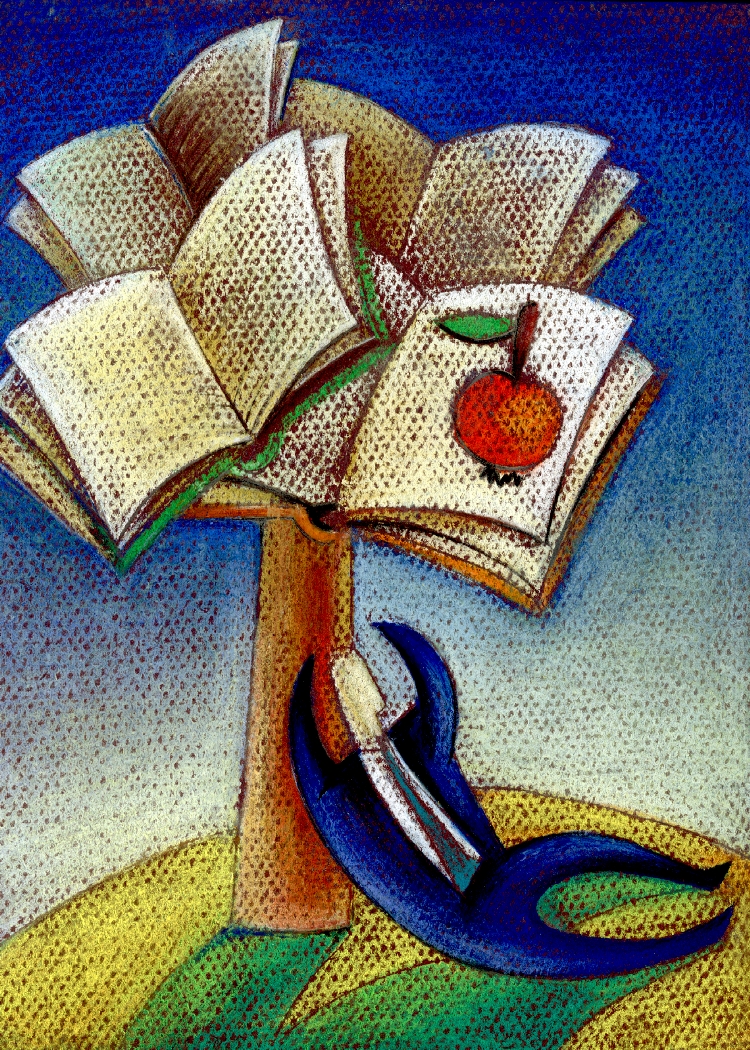 |
| from http://wordandimage.wordpress.com/2010/01/10/literacy-visual/ |
"I cannot judge my work while I am doing it. I have to do as painters do, stand back and view it from a distance, but not too great a distance. How great? Guess."
I work with challenging students. All of my students have been identified with some sort of learning disability. I have students on the autistic spectrum, students with dyslexia, students with anxiety, students with language and writing disorders, students with ADHD, ODD, NVLD and a variety of other alphabet soup. In addition to whatever their particular labeled disorder my students, like all students, vary in their interest and motivation.
The beginning of every school year is much the same. Some time in late July or early August I find out what I will (probably) be teaching. I also get an idea of who might be in my classes. I start planning, usually in a vague, nonspecific way. I've learned not to get to invested in those ideas until the end of our training week when I can be slightly more certain of the what and who I'll be teaching. I over plan for the first week of classes, stressing myself out because I don't yet know the dynamic of my classes and it is always better to have more than not enough.
I can anticipate the cycle of the year. After the first couple weeks, I'll know my classes better. I'll be shocked at what they don't know. I'll be frustrated about what they didn't retain (especially those I taught last year), but I'll get in a groove and good things will start happening. The end of the first quarter will happen before I know it. I'll be disappointed because we are behind. I'll be frustrated because I know they can do more. I'll brainstorm new and different ways to attack their challenges. And I'll push them hard.
I'll blink and it will be Christmas. I'll be tired and grateful that it will be time for a break. I'll be a bit disgusted with the continuing struggles in my classes. I'll brainstorm new and different ways to motivate the couch potatoes and I'll try another way to attack those concepts that still elude us. We'll come back from break and I'll push them hard. We'll review and revise and practice and prepare. Then there will be midterm exams. I'll be pleasantly surprised at the improvement of some students and angry with myself for the confusion of others.
I'll brainstorm new and different ways to try to help them understand, to connect with the material, to become more independent students. And I'll push them hard. Sometimes they'll push back and tell me they hate math and tell me they can't do it. So I'll be gentle and push them hard with soft hands.
And this cycle will continue until we are somehow past the unending days in March, through another break and start in April, and have reached the end of May sliding into June. The whole way pushing hard and expecting more than they want to give sometimes. And I will catch myself still being disappointed that I couldn't do more, that it wasn't enough. Then will come the end of the year graduation and awards ceremony where we celebrate the achievements of each and every individual student.
Then I get the opportunity to step back. To remember where we were in late August and to see where we ended in June. Then I get to be amazed at how much we accomplished and how much was learned and how much my students grew as learners over the school year. And for the moment, I can appreciate the beauty in what I get to do each year.
And then I'll start brainstorming how I can do even better next year.
Hi Kate,
ReplyDeleteWow! That is such a great quote. I need to post it to my mirror. I always thought that was the hardest part of teaching was I needed time to reflect before I could respond. Hope your year is off to a great start, it was great to read your post. I am part of the Math Bloggers too!
Lisa
Indeed! While you are immersed in your work, it's hard to judge how effective you are. That's why it takes another person's perspective to get a sense of how well you're doing. Lol! Your cycle of the academic year sounds similar to mine, that's why it's important to recharge. Great post!
ReplyDelete